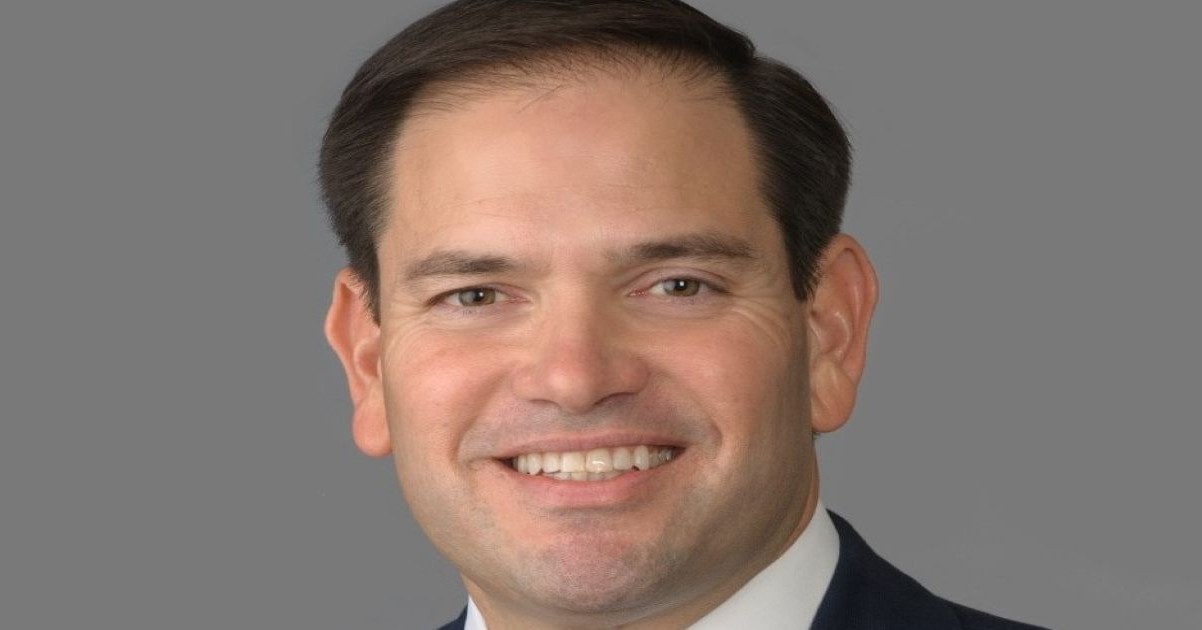Trump declines to rule out use of military force to gain control of Greenland, Panama Canal
President-elect Donald Trump has increasingly expressed interest in expanding U.S. control and influence over two regions deemed vital for national security -- the Arctic island of Greenland and the Atlantic-Pacific shipping passage of the Panama Canal.
During a press conference on Tuesday, Trump declined to rule out the possibility of using economic or military force to acquire either of those as U.S. territories, NBC News reported.
Trump insisted that U.S. control of both Greenland and the Panama Canal was critical for geopolitical and strategic reasons in light of efforts by both Russia and China to expand their own spheres of influence to include those regions.
Won't rule out use of military
In a Tuesday press conference at Mar-a-Lago, President-elect Trump was asked if he could give public assurances that he would not use "military or economic coercion" to gain control of Greenland and the Panama Canal, but Trump immediately replied, "No."
"I can't assure you -- you're talking about Panama and Greenland," Trump said. "No, I can't assure you on those two, but I can say this, we need them for economic security."
"The Panama Canal was built for our military -- I'm not gonna commit to that. It might be you'll have to do something," he continued. "Look, the Panama Canal is vital to our country. It's being operated by China. China! And we gave the Panama Canal to Panama. We didn't give it to China. And they abused it. They abused that gift, and it should have never been made, by the way."
Trump wants Greenland
Asked again later if any "plans" had been drawn up to take over Greenland, President-elect Trump replied, "Well, we need Greenland for national security purposes. I've been told that for a long time -- long before I even ran, people have been talking about it for a long time."
"You have approximately 45,000 people there. People really don’t even know that Denmark has any legal right to it, but if they do, they should give it up because we need it for national security," he continued. "That's for the free world. I'm talking about protecting the free world. You look at -- you don't even need binoculars. You look outside. You have China ships all over the place. You have Russian ships all over the place. We're not letting that happen."
"And if Denmark wants to get to a conclusion -- but nobody knows if they even have any right, title, and interest," he added of the territory of the Danish Kingdom. "The people are probably gonna vote for independence or to come into the United States. But if they did do that, I would tariff Denmark at a very high level."
Resource-rich and strategic location
The New York Post reported that an unnamed source with the Trump transition team said there were a few "critical reasons" why President-elect Trump was interested in Greenland, so much so that he is willing to use military force to acquire it, if necessary, which included, "Sending a strong, deliberate message to Beijing. Not just talk. Action. Making America ambitious again. And the president-elect is laying out the early framework of the 'Trump Doctrine.'"
Atlantic Council fellow Alex Plitsas explained Trump's interest in annexing Greenland as a U.S. territory, "There are two main reasons. The first is the large deposits of rare earth elements needed for critical defense and electronics manufacturing. Second, Greenland has a legitimately large claim to the Arctic and that would provide the U.S. with a stronger position as competition there heats up for navigation and resources."
Gracelin Baskaran, the director of the Center for Strategic and International Studies critical minerals security program, told the Post that the coveted rare earth materials, which are typically acquired from China, "Go into most forms of national defense, technologies, missiles, tanks, satellites, warships, fighter jets, and so as a result, securing them becomes a national security imperative."
Keeping the Canal out of Chinese hands
As for the Panama Canal, which was built over a century ago with U.S. blood, sweat, tears, and money, USA Today noted that it provides a vital shipping connection between the Pacific and Atlantic Oceans but, as President-elect Trump and others have pointed out, has come under increasing influence from China in recent years.
Charles Kupperman, a deputy national security adviser in Trump's first administration, told the outlet, "The Chinese definitely have a strategy to create a large presence in the Western Hemisphere. And it's not just in Panama; it's throughout South America and other places as well."





